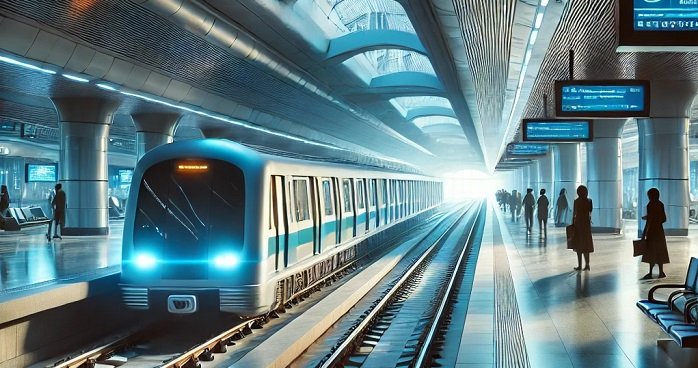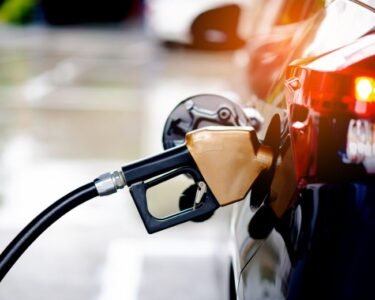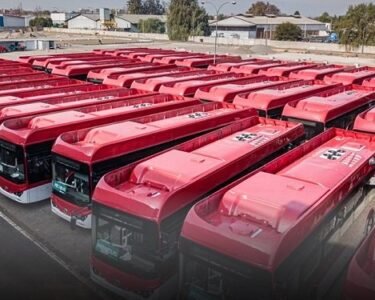In a renewed wave of interest sparked by Indian media last week, the proposed underwater rail project connecting Dubai to Mumbai has resurfaced in public discourse. However, project officials have reiterated that the ambitious idea remains in its conceptual stage, far from materializing into a concrete infrastructure initiative.
Abdulla Al Shehhi, Managing Director of The National Advisor Bureau Limited, clarified in a statement to Khaleej Times that the project is still undergoing feasibility studies and has not received any official approval. “This is not a project ready for implementation. It is purely an idea under exploration,” said Al Shehhi, tempering the excitement surrounding the futuristic venture.
A Vision First Introduced in 2018
Originally proposed in 2018, the underwater railway has long been pitched as a transformative solution to enhance trade and passenger movement between the Gulf and the Indian subcontinent. The corridor, as envisioned, would connect key coastal cities including Muscat, Karachi, and eventually Mumbai, potentially serving a region home to over 1.5 billion people.
The rail system would be based on cutting-edge magnetic levitation (maglev) technology, capable of reaching speeds up to 1,000 km/h. The train would run through submerged concrete tunnels placed approximately 20 to 30 meters below the sea’s surface, forming one of the most advanced transport systems in the world—if ever realized.
Multifaceted Ambitions: Trade, Transit, and Resources
Beyond passenger transport, the proposed project has been touted for its potential to revolutionize regional logistics. Al Shehhi suggested that the system could facilitate the transport of oil from the UAE to India and even freshwater supplies from India’s Narmada River to the UAE, addressing long-standing water scarcity concerns in the Gulf.
The idea aligns with the bureau’s track record of presenting imaginative and often provocative proposals. Among its more headline-grabbing ideas was a plan to tow Antarctic icebergs to the UAE as a means of providing fresh water—a concept that similarly sparked debate about environmental and technical feasibility.
Technological and Diplomatic Hurdles Ahead
While the concept of an underwater train between Dubai and Mumbai captures the imagination, experts point to a host of formidable challenges. These include unprecedented engineering requirements, environmental impact assessments, and complex international cooperation.
The project would demand extensive diplomatic agreements among several nations, not just the UAE and India, but also potentially Oman and Pakistan, should the route span their maritime territories. The geopolitical intricacies, coupled with massive funding and technological innovation, suggest that the underwater train remains, for now, a distant vision.
As global infrastructure ambitions grow bolder, the Dubai-Mumbai underwater train represents both the promise and complexity of next-generation connectivity. While it offers a glimpse into the possibilities of high-speed undersea travel and regional integration, the project is, by all official accounts, still anchored in the realm of ideas.
Whether it can eventually break the surface into reality will depend on years—if not decades—of sustained research, collaboration, and innovation.






